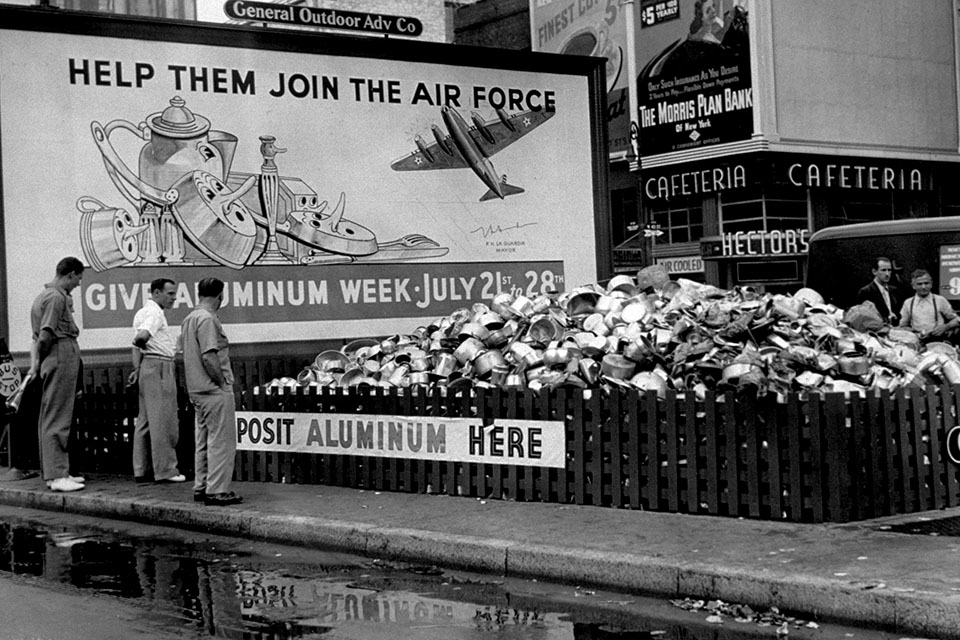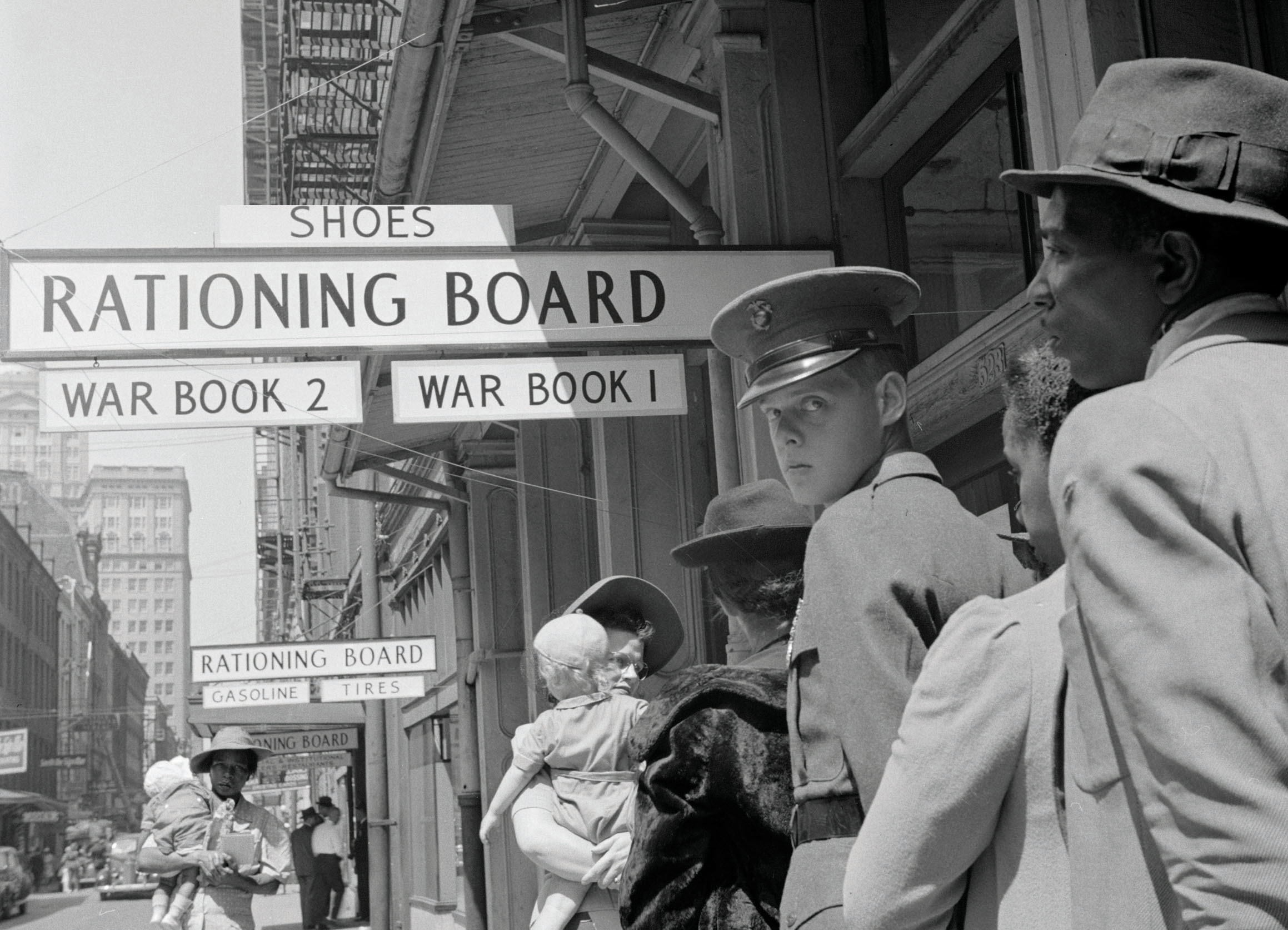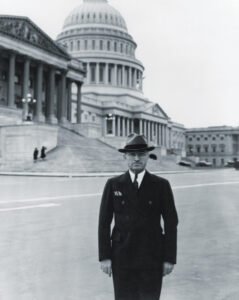When Emperor Hirohito announced Japan’s surrender 75 years ago on August 14, 1945, the world celebrated the end of a global nightmare that had claimed an estimated 60 to 80 million lives. More than 400,000 U.S. military personnel had died in the defense of freedom, including some 100,000 American airmen.
But while celebrations erupted from Times Square to Hollywood Boulevard, the killing continued off Japan on the morning of August 15, as Allied naval air forces and diehard Japanese fought on in the confusing melee surrounding the surrender. The final American casualty would not be counted until August 18, when a young sergeant from Pennsylvania died of wounds sustained during a photoreconnaissance mission over Honshu.
Aside from the cost in lives, the war had required significant sacrifices from the American people. In a letter to the editor published in the July 24, 2020, edition of The Washington Post, reader Arthur J. Levine of Bethesda, Md., wrote: “Having grown up during World War II, I remember well the sacrifices we at home were asked to make to protect ourselves and our neighbors. Among them were severe rationing of food, gasoline and other day-to-day essentials. We were also asked to spend hours in blackouts in our homes. At school, we hid under our desks during the frequent air-raid drills. We, as a nation, willingly put up with these restrictions. We did this to ensure our ‘freedom.’ At that time, the enemy was thousands of miles away, not, as today, in our restaurants, grocery stores and gyms.”

Now we are at war with an insidious enemy that as of this writing has killed at least 150,000 Americans—more than the combined total from all U.S. conflicts since WWII. In the midst of a divisive political landscape, this enemy threatens the very foundations of American democracy by pitting citizen against citizen in a senseless ideological struggle.
The weapons in this war—wearing masks in public, social distancing and frequent handwashing—have proven effective in halting the enemy’s advances. They are passive weapons that rely on everyone’s sense of patriotic duty and empathy for others. It remains in doubt, however, whether today’s America can summon the national will to effectively employ those weapons. There are those who equate freedom with the ability to do as they please, regardless of the potential consequences for others.
As the United States prevailed in WWII, ultimately it will defeat this enemy with the massive ongoing national effort—in concert with its traditional allies—to develop an effective vaccine and put an end to the current global nightmare. The question is how many more Americans will die before that victory is achieved, and how many of those might have lived had all been willing to make the small sacrifices necessary to contain the enemy.





